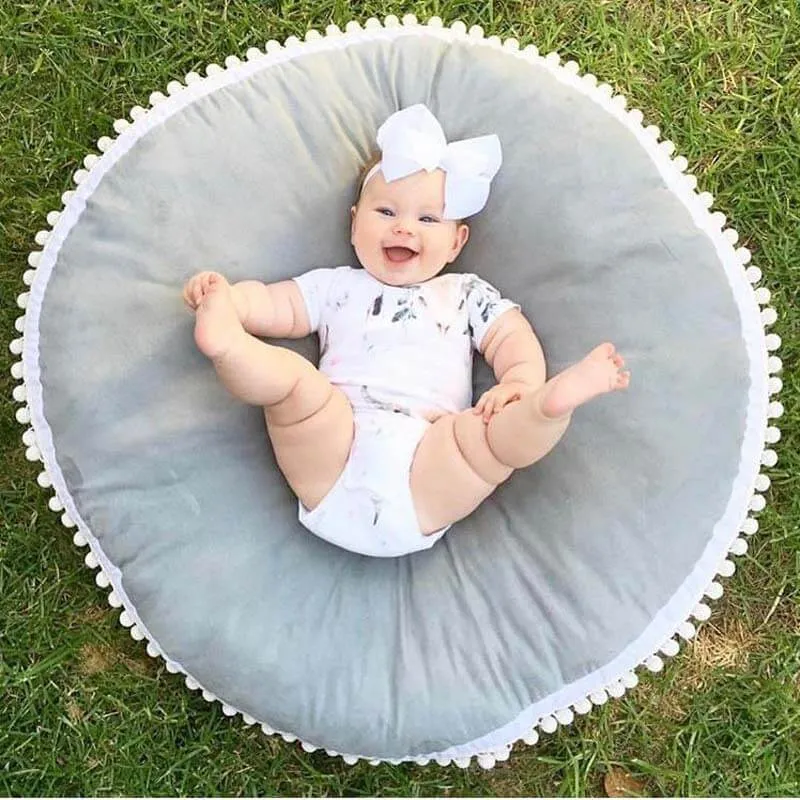News
Baby’s Health Care Tips In Winter
Maternal and child care tips
- New mothers need to read more books about maternal and child care, and learn about the basic common sense of maternal and child care, so that they can be more comfortable and comfortable when they care for themselves and their babies.
- The new mother should be ready to be a mother, especially when the baby is born, the mother should be prepared before breastfeeding, and the correct breastfeeding posture, etc., but also the post-feeding treatment. Only the correct cleaning can avoid the infection of the breast nipple.
- Umbilical care. Closely observe whether there is oozing or bleeding in the umbilicus. If there is bleeding, bleeding can be used to stop bleeding or re-ligation. Care should be taken to keep the area clean and dry during daily care. After 24 hours, the umbilicus is again broken under aseptic operation. After bathing, rinse the umbilical cord stump and the umbilical with 95% ethanol.
- Closely observe vomiting. During childbirth, the fetus swallows more amniotic fluid, and vomiting often occurs in newborns within 1 to 2 days after birth. Pay attention to the number of vomiting, the nature and color of the vomit. Newborns with vomiting should be on their side, vomiting newborns should delay feeding, and should not change diapers immediately after breastfeeding.

Winter nursery tips
- Not suitable for weaning in winter
Weaning will change your baby’s eating habits and make your baby starve for a period of time, which will reduce his immunity. Winter is the peak period of the occurrence and prevalence of respiratory infections. The baby is very susceptible to illness. After getting sick, it will affect appetite more seriously and the resistance will decrease again. Repeatedly, this will cause a vicious circle that affects growth. In addition, the baby’s digestive system is not fully perfected in 10-12 months, the teeth are not full, can not chew and digest food well, and the addition of complementary foods will be limited by the season. Therefore, the mother should wait until the spring to wean, so that the baby can safely pass the weaning period.
- Careful nosebleeds in winter
When the air is dry in winter, the water in the baby’s nasal mucosa evaporates quickly, the elasticity of the capillary wall is reduced, and it becomes very brittle. If the blood vessel is strongly shaken, it is more likely to rupture and bleed. If your baby feels dry nose, use the towel or cotton swab gently with warm water, It is also a good choice to use a humidifier (learn more). Once there is bleeding in the nose, stop bleeding immediately.
- Baby’s winter care
- In winter, it is necessary to strengthen the baby’s physical exercise, improve the baby’s physical condition, and prevent asthma.
- In winter, viral infection is more common. If the baby has fever, tiredness, anorexia, headache and abdominal pain, check it in time, just in case;
- Keep warm when bathing your baby, bathroom heater is a good choice;
- Remember to apply a proper lotion to your baby, paying attention to the lightness of the application;
- In addition, it is necessary to develop good hygiene practices such as keeping your baby warm, washing handsfrequently, and drinking plenty of water.

